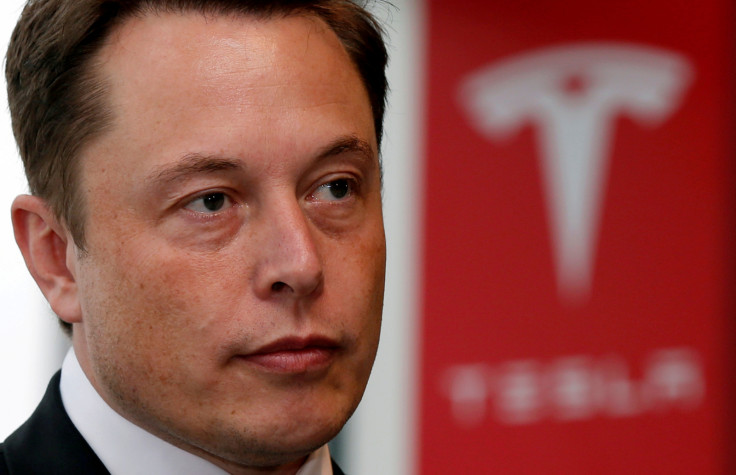Tesla hints at new battery tech that could power all-electric aircraft, says Elon Musk
Battery technology researchers might have just achieved the ideal energy density proposed by experts which is 400 Wh/kg.
Elon Musk is expected to finally have a working demonstration for his fascinating brain-computer interface system. This is just one of several thrilling developments for the forward-thinking entrepreneur in 2020. Aside from SpaceX, The Boring Company, and Neuralink, the tech outfit announced that its new batteries would likely be used by all-electric aircraft three years from now. Given its track record when it comes to bold claims, many are eager to see this one reach fruition soon.
Although there are several tech groups that have already created zero-emission flight platforms, the most common issue is range. This makes it unfeasible from a commercial point of view, which is probably why many do not make it past the prototype stage. On the other hand, Elon Musk notes that advancements in battery technology would soon open up more options for people to move about.
A few weeks ago, Tesla submitted a research paper that was published by the scientific journal Nature. In it, the electric vehicle brand discussed the details of what its next-generation batteries hope to bring to the table. Last year, Musk suggested that it would take at least five years for battery manufacturers to achieve the ideal specifications for commercial flight applications.
However, a breakthrough implies that researchers might have just achieved the ideal energy density proposed by experts which is 400 Wh/kg. While this has been produced in controlled settings, the visionary billionaire believes mass production could be possible in three to four years. The first ones to use are probably third-party startups that already have the machines.
Musk pointed out in an interview a few years back that prototype designs for such a form of transportation is already available. Tesla apparently never moved forward with it as it dedicated the bulk of its resources to other projects as well as its emission-free vehicles.

Although there have been solar-powered planes that have completed remarkable test flights, these are bound by restrictions such as weight and cargo space. Meanwhile, commercial all-electric flights should ideally be able to accommodate more passengers and cargo. Range and safety are likewise crucial factors that would determine if the services would be attractive for consumers.
© Copyright IBTimes 2025. All rights reserved.





















